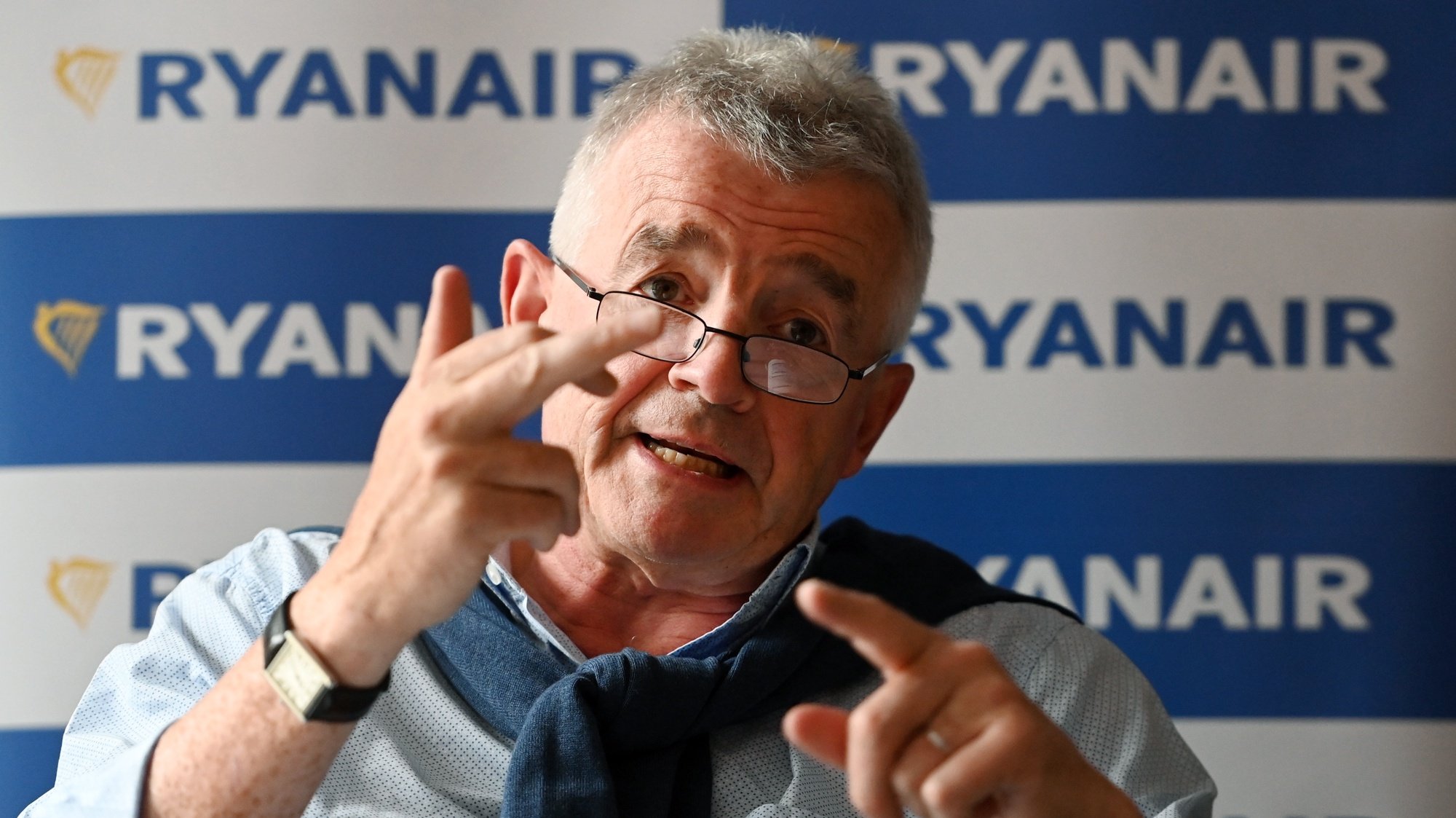Ryanair guarantees that it will continue to offer cheap travel and airfares. “The low-cost business model has not exploded”, despite the rise in inflation and the increase in fuel costs, said the executive president of the Ryanair group in a conversation with journalists held this Thursday at the headquarters of the company in Dublin. Michael O’Leary clarified some statements made recently in an interview that were interpreted as the end of low cost travel.
Energy. The president of Ryanair warns that the flight time has been exhausted by 10 euros
“What I said is that we will no longer have flights at 9.99 euros. That promotional price will rise to a level of 15 or 20 euros”, he underlined after acknowledging that despite the fact that the level of reserves for the winter is strong, the recovery of the airline sector remains “very fragile”. And he can be shaken by phenomena such as a new wave of Covid in winter or the upsurge of the war in Ukraine. Ryanair’s CEO also admitted that the company is doing fewer promotions than before, but explains that this is because flights are more crowded. “We haven’t had promotions because demand is going up and this is happening because our competitors are canceling flights.”
Ryanair is being less affected by cancellations despite the fact that delays have increased in this context of the sector’s lack of responsiveness to demand. Those responsible indicate that the company was well prepared for the resumption of aviation. He didn’t lay off workers, negotiated pay cuts that are already being replaced – despite bouts of job instability in Spain and Belgium – and ordered new planes from Boeing as other carriers cut fleets. Rynair still relies heavily on self-handling, ensuring its own ground handling, but has not escaped delays which it attributes mainly to technologically outdated air traffic control systems in several countries.
Asked about the impact of inflation on the demand for air travel, Michael O’Leary defended that the business will continue to grow, more slowly because “people will continue to want to travel”. Pressure from fuel costs and carbon taxes will make travel a bit more expensive. “But we have to move. We are a more mobile society because we work shorter hours, there are separated families in various countries and people working from home who want to visit friends and family. The trips will not be only touristic”.
Ryanair’s CEO also points to a recovery in business travel with a number of companies looking to establish supply chains within Europe to avoid disruptions that have occurred due to supplies originating from China and other Asian countries. And he complained that connecting air travel doesn’t pay environmental fees—it’s exempt—unlike end-to-end travel.
The director also points out that Rynair and other low-cost companies have always grown when there have been oil crises in the past. “When people become price sensitive, they stop traveling with the flag carriers. Passengers will always have money to travel with Ryanair”. To deal with rising fuel costs, Ryanair has a price risk hedging policy of 80% of the aircraft it consumes, but it also takes advantage of fleet renewal with more recent aircraft that allow fuel consumption to be reduced. and complete, which in turn reduces the cost of the aircraft per passenger/kilometre.
The airline expects to reach 165 million passengers this year and grow each year until it reaches the target of 225 million passengers in 2026. Rynair is the largest European carrier in terms of number of passengers and flights flown and has shown strong growth in some of the markets. where it stands out in Italy and Poland. In Germany, the low-cost airline’s business is falling, which the official attributes to high airport fees.
In this meeting with journalists from several countries, the executive president of the Ryanair group also revealed that the company will close some bases (which implies the parking of aircraft and personnel on site) in Europe during the winter due to the policy of “expensive” fares. ”. of some airport operators. One of the bases whose closure was announced was Athens. In Portugal, the company has five bases: Lisbon, Porto, Faro, Funchal and Azores.
The journalist traveled invited by Ryanair.
Source: Observadora
